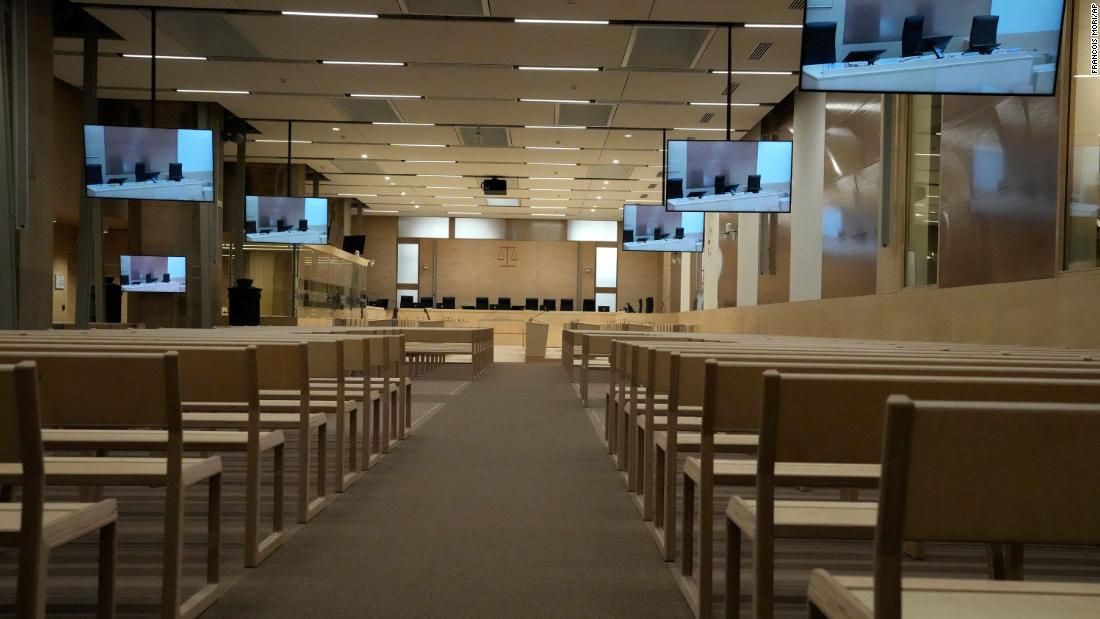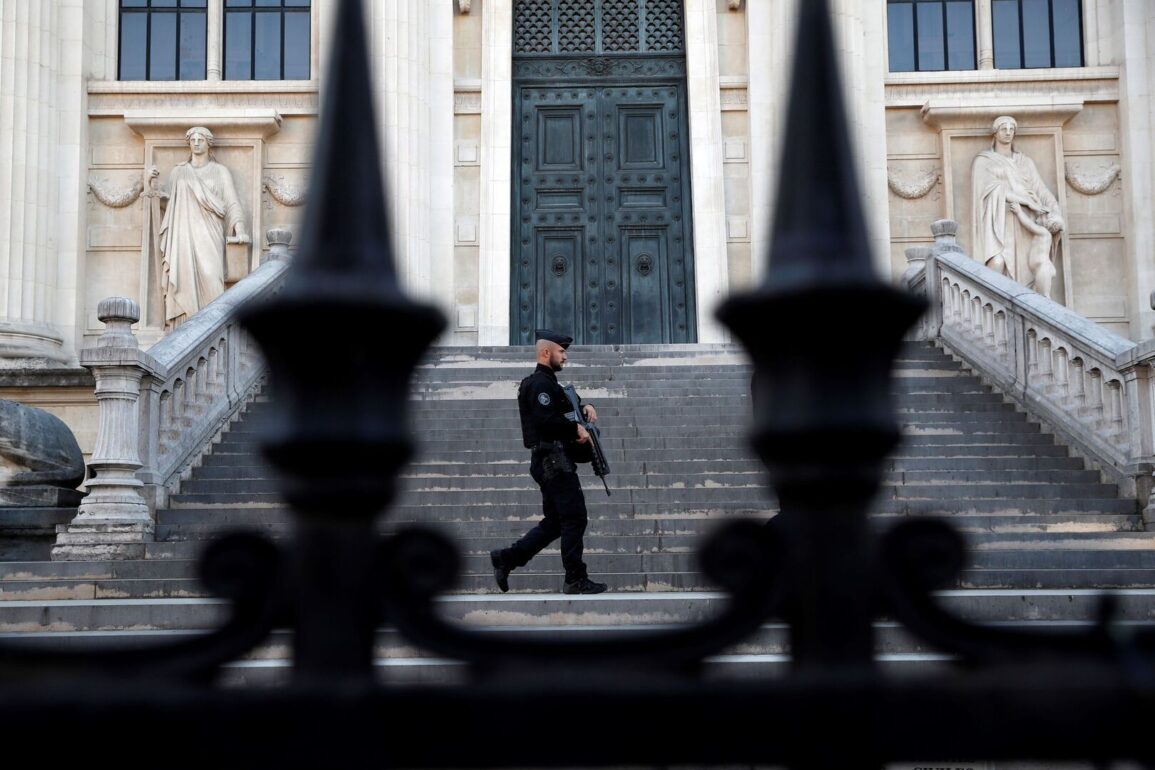The largest criminal trial in the history of France begins this Wednesday, September 8, for the terrorist attacks of November 2015, in which 130 people died. Survivors hope to find answers.
Since November 13, 2015, Sebastien Dauzet feels vulnerable. That night, nine armed men attacked what he considers the heart of his neighborhood.
The terrorists killed a total of 130 people in the Stade de France stadium, in various bars and the Bataclan music venue. It was the bloodiest terrorist attack in France since World War II.
Dauzet worked as a waiter at La Bonne Bière, in the northeast of Paris. That night, the restaurant became a battlefield.
“Suddenly, everyone was running”
“At 9:30 that night, I thought I was listening to fireworks, I didn’t understand what was happening,” the 41-year-old told DW, as he stood in front of the venue, where he no longer works. “Suddenly everyone was running. I looked outside and saw the attackers firing their kalashnikovs. It was like in a movie. I threw myself on the ground and stayed there for a while,” he recalls.
Just 2 kilometers to the southeast, other terrorists also fired at people in the La Belle Equipe bar. “I have an Italian friend, Fil, whose Mexican girlfriend was at a birthday party here. He had proposed to her just two months before,” he explains in front of the venue. “She died in the attack,” he says.
Dauzet crosses the street and stands in front of a commemorative plaque affixed to a wall and decorated with flowers. On it appears the name of Michelli, his friend’s fiancée. “She was an angel. She was beautiful, smart, kind-hearted. We still miss her,” she says with tears in her eyes.
Sebastien Dauzet worked the night of the attacks at La Bonne Bière.

Largest criminal trial in history
The French Justice prosecutes 20 people for these brutal attacks. Only one of the defendants, Salah Abdeslam, is believed to have been directly involved in the attacks, driving the terrorists to the sites and participating in the manufacture of explosives. The other 19, some of them in absentia or presumed dead, are accused of having planned and organized the attacks or of aiding the terrorists. The trial is expected to last at least nine months and involve 1,800 plaintiffs and more than 300 attorneys.
Deep psychological scars
Thierry, a 56-year-old man who prefers not to have his last name published, is among the plaintiffs. He survived the Bataclan attack by hiding with others in a dressing room for hours, while three gunmen massacred 90 people during a concert by the Eagles of Death Metal group.
“When the police finally released us, they escorted us out to the front door. I looked and saw several bodies lying on the ground at the smoking corner,” he explains to DW as he points to a stretch of sidewalk in front of Bataclan.
He works in the tourism industry, he thinks he was very lucky, but behind his cheerful smile there are deep scars.
“I don’t think the wound will ever heal,” he says. “As soon as you have a problem in everyday life, the trauma returns. And I sleep very little, I keep waking up. Every night, I dream that I am fighting with a weapon against terrorists to save lives,” he explains.
He added that the trial is unlikely to change anything: “Of course, I will testify, also because the trial will be filmed for the archives and future generations,” he says. But he doesn’t expect anything spectacular, he adds.
“The defendants will not cry or apologize. They will simply pay for what they have done, and I hope they receive harsh sentences,” he acknowledges.
Delphine Morali continues to counsel some people psychologically.
Some survivors “wait too long”
But not all survivors will be able to handle their expectations as well as Thierry, thinks psychiatrist Delphine Morali, who works at the psychotrauma center of the Institute of Victimology in northeast Paris, where a crisis unit was set up after the attacks. Morali still has about 20 survivors among his patients.
“Some of them continue to struggle to lead a normal life,” he explains. Some, like Thierry, “still suffer from symptoms like hypervigilance and insomnia.” “Some survivors expect too much from this trial,” Morali says. “It is an important step that the pain inflicted is acknowledged and the attackers are punished, but that alone will not be enough to recover from the trauma,” he continues.
He added that many had been left with a general feeling of insecurity, as other attacks have occurred since then. In total, more than 250 people have been killed by terrorists in France since 2015.
Huge void
Matthieu Mauduit, in fact, anticipates that he might be disappointed by the trial. His 41-year-old brother Cedric was killed in the attack on the Bataclan.
“I’m still taking antidepressants and there isn’t a day that I don’t think about it,” he told DW. He says he owes his brother to be one of the plaintiffs during the trial.
“I really hope we get some answers, but I am trying not to raise false hope; the defendants will certainly not apologize as they are caught up in their fanaticism and do not even recognize our justice system,” he says.
Thierry hid in a dressing room with other people in Bataclan.
Judgment from a distance
Bartender Dauzet, meanwhile, has decided that he will watch the trial from afar. “I do not think that participating is good for me. Besides, there are already enough applicants,” he adds.
On the night of the attacks, Dauzet planned to be in Bataclan with his then-girlfriend at the concert, who also worked in a bar. But neither of them could take the night off. And as he gazes at the memorial plaque for the victims across the street, reality suddenly surprises him: “I just realized my name could have been written here too, it hurts a lot,” he mutters.
Dauzet plans to move to the country soon, to leave this city and its chilling memories behind.





